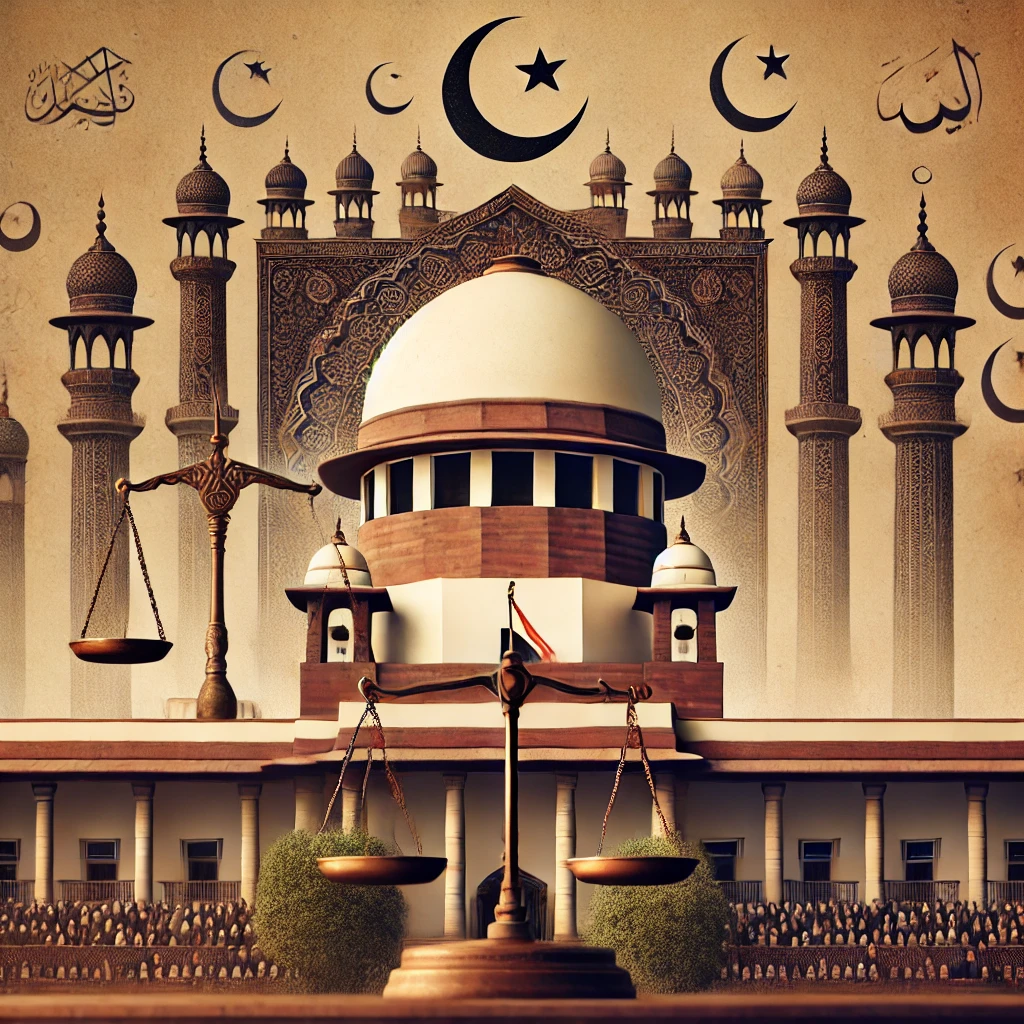Delhi High Court Rules Against Instant Triple Talaq Under All Islamic Laws
- ByAdmin --
- 26 Mar 2025 --
- 0 Comments
In a ruling that could have far-reaching implications for India’s Muslim community, the Delhi High Court has declared that instant triple talaq (talaq-e-biddat) is unconstitutional across all sects of Islam practiced in the country—including Shias, Bohras, and Ahmadiyyas—ending years of ambiguity following the 2017 Supreme Court judgment that declared the practice void among Sunni Muslims.
The case came before the court when a woman belonging to the Bohra community filed a petition, claiming her husband had divorced her through an oral declaration of triple talaq. She argued that such practices still continued under the veil of sect-specific customs, despite the 2017 verdict. The court took up the issue to determine whether the earlier Supreme Court ruling applied uniformly to all Islamic schools of thought in India.
Key Takeaways from the Judgment
Justice Neelam Bhatia, delivering the ruling, emphasized that:
Constitutional Principles Must Prevail: Any personal law practice—irrespective of religious denomination—that violates Articles 14 (Right to Equality) and 21 (Right to Dignity and Personal Liberty) cannot stand.
Uniform Protection for Muslim Women: The protection offered under the Supreme Court’s Shayara Bano judgment is not limited to Sunni women. Every Muslim woman in India, regardless of sect, deserves equal legal protection from arbitrary and instantaneous divorce.
Pan-India Applicability: The court asserted that fundamental rights are not conditional upon religious interpretation. Hence, the ban on triple talaq applies uniformly across all Indian states and all Islamic sects.
Wider Legal and Social Implications
This ruling plugs a critical legal gap. Until now, various sects could interpret personal law differently under the guise of religious freedom, often leaving women vulnerable. The Delhi High Court’s clarification ensures that:
No Muslim woman in India can now be divorced unilaterally through oral triple talaq.
Religious practices that undermine constitutional values will be subject to judicial scrutiny.
Legal consistency in personal laws is essential to upholding gender justice.
Legal scholars have hailed the verdict as a decisive move toward harmonizing personal laws with constitutional mandates. “This is a step toward a Uniform Civil Code in spirit, if not in form,” said constitutional law expert Prof. Ayesha Farooqui.
Mixed Reactions
While women’s rights activists and reformist Muslim voices have praised the ruling, some conservative religious bodies have expressed discontent, arguing that judicial intervention in religious matters undermines autonomy. However, the court was firm in asserting that fundamental rights enshrined in the Constitution override any custom or tradition that discriminates on the basis of gender.
A Continuing Evolution
This decision reaffirms the judiciary's role in advancing gender justice, especially within the complex domain of personal laws. It builds upon the Supreme Court’s 2017 judgment and may now serve as a foundation for future cases involving inheritance rights, maintenance claims, and even same-sex marital rights.
As India continues to grapple with balancing religious freedom and gender equality, this ruling reminds us that while faith is personal, justice must be universal.











































0 comments